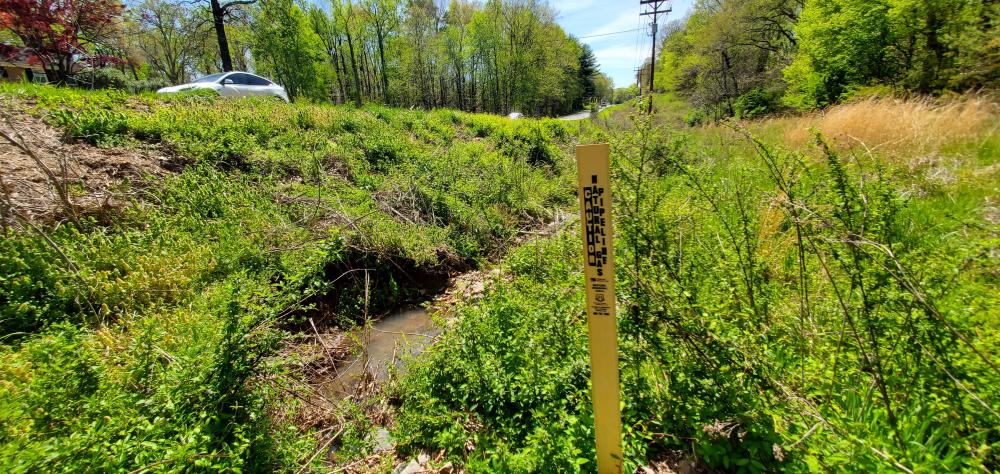|
Environmental |
At Wetherill Engineering, we provide expert environmental engineering services that help communities, industries, and governments meet today’s challenges while building a healthier tomorrow. With a multidisciplinary team of engineers, scientists, and specialists, we deliver practical, science-based solutions that balance development needs with environmental responsibility. See below the services we offer!
- Water Resource Delineations
- Waters of the US (wetland/stream) delineation
-
- Wetland/stream functional assessments
-
- NC Stream Buffer determinations
- Natural Resource Studies
- Habitat assessments
-
- Threatened/endangered species surveys
-
- USFWS Coordination/Consultation
- Permitting
- Clean Water Act Section 404 - Individual & Nationwide Permits
-
- Clean Water Act Section 401 - Water Quality Certifications
-
- State Riparian Buffer Authorizations & Variances
-
- Coastal Area Management Act General and Major Permits
- Background data collection and analysis
- Review local planning documents to develop project context within the framework of local objectives.
- Utilize GIS software to compile and analyze data, develop mapping of project components in relation to human and natural environment features in the project area, and calculate project impacts.
- Initiate coordination between local, state, and federal agencies to gather feedback and guide project development efforts.
- Organize and facilitate meetings between clients and external partners to ensure a collaborative effort during preliminary design and accommodation of stakeholder needs.
- Public involvement
- Engage with residents and business owners through the development and distribution of postcards, newsletters, websites, and other targeted methods to gather public feedback.
- Work with NCDOT and municipal partners to organize local officials’ informational meetings, small group meetings, public informational meetings, and public hearings.
- Develop supporting materials such as mapping, display boards, and handouts, communicate with members of the public, and respond to comments/concerns to gain community buy-in.
- Community Studies
- Review/analyze demographic data, local planning documents, local official input, and other project background information to provide project-specific analysis of effects to the human environment and development of context sensitive recommendations.
- Develop reports for NCDOT Community Studies, including Community Impact Analysis (CIA), Community Characteristic Report (CCR), and Direct and Indirect Screening Tool (DIST) reports.
- Complete Streets
- Analyze and compile recommendations from local planning authorities to identify recommendations for multimodal accommodation and opportunities for inclusion of project-specific bicycle, pedestrian, and transit elements.
- Facilitate communication between local government officials, MPO/RPO representatives, and NCDOT to select appropriate multimodal accommodations and achieve concurrence on municipal cost share and maintenance agreements.
- Environmental documentation
- Compile and summarize various technical reports, correspondence, and mapping to inform environmental documentation and regulatory compliance efforts.
- Develop NEPA/SEPA documentation for all levels of transportation projects, including Minimum Criteria Determination Checklists, Categorical Exclusions, Environmental Assessments, and Environmental Impact Statements.

